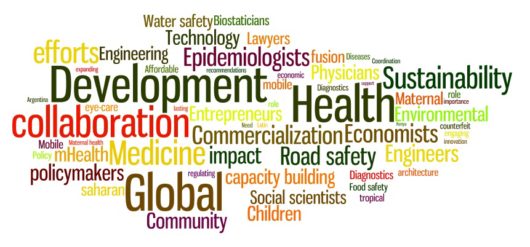Imagine this situation: You are a healthcare educator approached by enthusiastic learners who deeply desire opportunities serve the world’s poor and marginalized. So, you create a curriculum complete with both core cognitive skills and service participation in your community. The announcement is imminent. You’ve only one final decision to make: What will you name this course or learning experience?
Since around 2000, we healthcare educators and front-lines service professionals have been flooded with appeals for learning opportunities that engage a spectrum of humanity: disabled persons, refugees, immigrants, indigenous peoples, rural residents, inner city residents, minorities, women, children, disaster survivors, prisoners, Africans, Asians, Latin Americans, and those afflicted with particular diseases like HIV, TB, malaria, obstetric fistula, guinea worm, filariasis, and so on.
What all-encompassing term is most appropriate for this subject? First of all, the dilemma is complex because the subject matter is vast, with new elements being steadily added. Some terms in use gained popularity: international health, global health, and health for all. An article in the journal Global Health Action provides some insights into this dilemma.
Is global health the best term? In short, no, it is not. But there exists no ideal term, and those in use will undoubtedly evolve over time. What they all hold in common is to focus attention on the needs of especially marginalized, vulnerable people. As long as intention remains in focus, our objective is attained – event without an ideal term.

